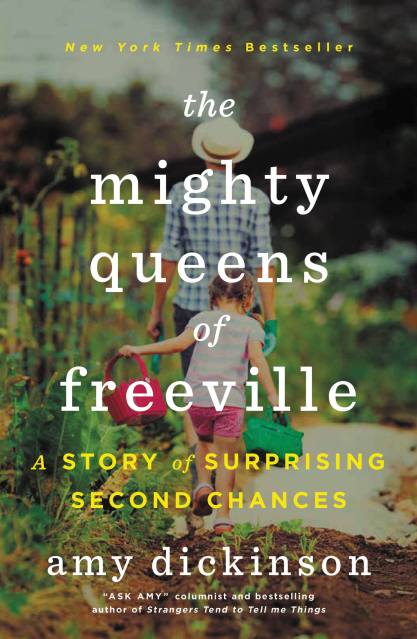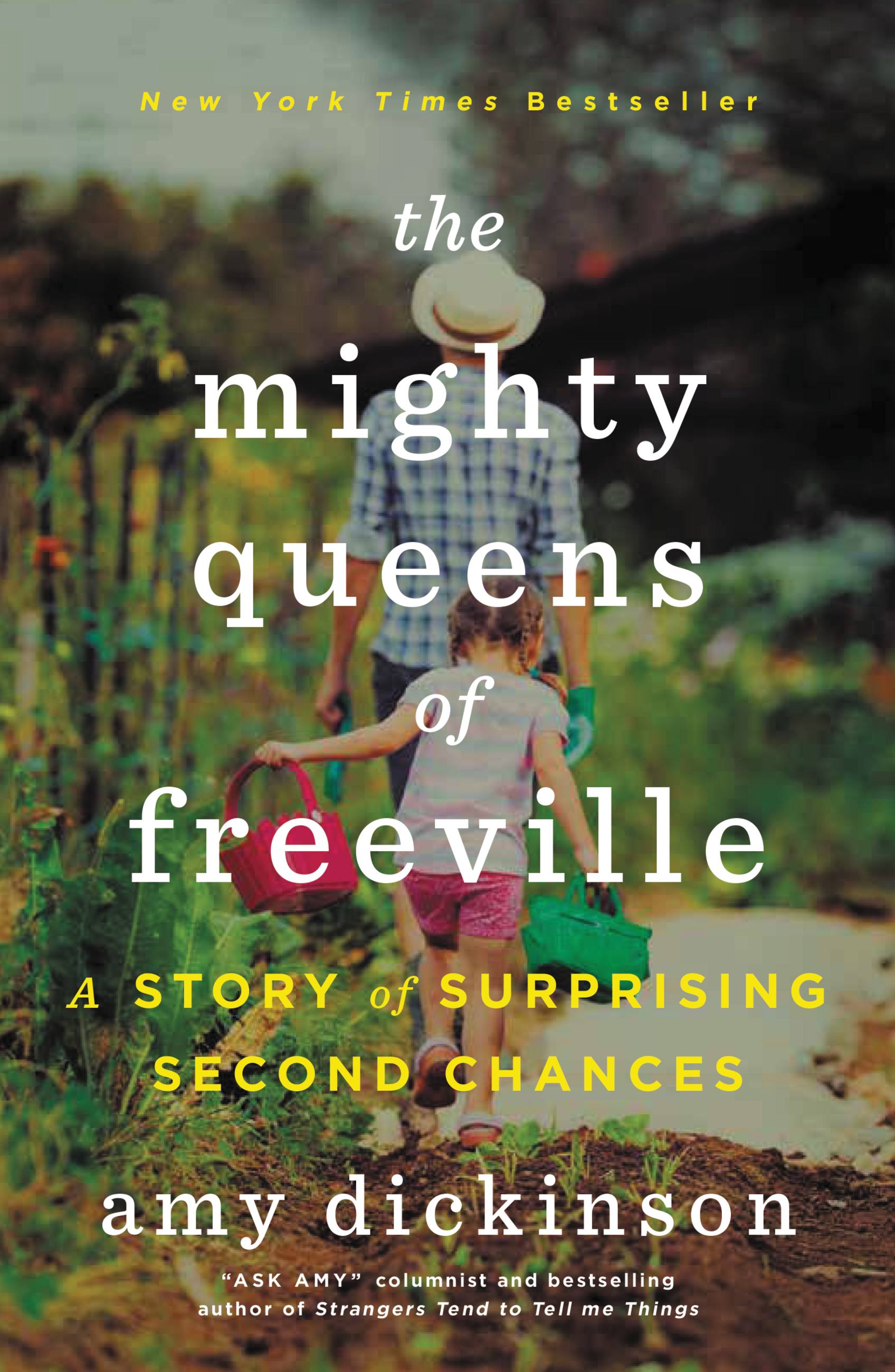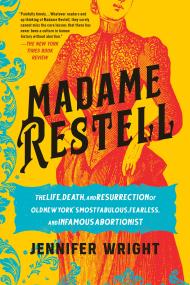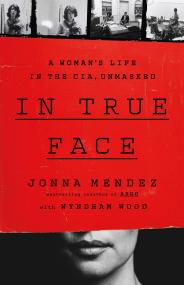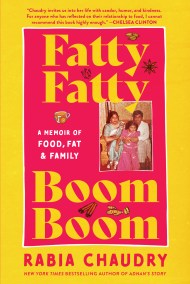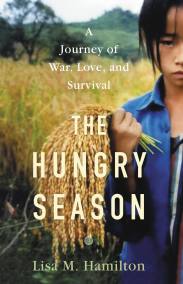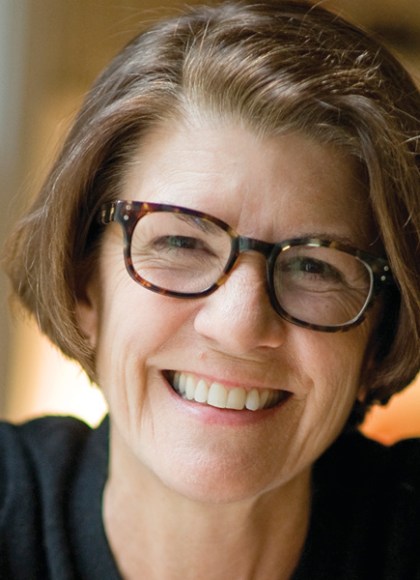Promotion
Use code MOM24 for 20% off site wide + free shipping over $45
The Mighty Queens of Freeville
A Mother, a Daughter, and the Town That Raised Them
Contributors
Formats and Prices
Price
$9.99Price
$12.99 CADFormat
Format:
- ebook $9.99 $12.99 CAD
- Hardcover $35.00 $45.00 CAD
- Trade Paperback $14.99 $19.49 CAD
This item is a preorder. Your payment method will be charged immediately, and the product is expected to ship on or around February 3, 2009. This date is subject to change due to shipping delays beyond our control.
Also available from:
Dear Amy,
First my husband told me he didn’t love me. Then he said he didn’t think he had ever really loved me. Then he left me with a baby to raise by myself. Amy, I don’t want to be a single mother. I told myself I’d never be divorced. And now here I am — exactly where I didn’t want to be!
My daughter and I live in London. We don’t really have any friends here. What should we do?
Desperate
Dear Desperate,
I have an idea.
Take your baby, get on a plane, and move back to your dinky hometown in upstate New York — the place you couldn’t wait to leave when you were young. Live with your sister in the back bedroom of her tiny bungalow. Cry for five weeks. Nestle in with your quirky family of hometown women — many of them single, like you. Drink lots of coffee and ask them what to do. Do your best to listen to their advice but don’t necessarily follow it.
Start to work in Washington, D.C. Start to date. Make friends. Fail up. Develop a career as a job doula. Teach nursery school and Sunday School.
Watch your daughter grow. When she’s a teenager, just when you’re both getting comfortable, uproot her and move to Chicago to take a job writing a nationally syndicated advice column.
Do your best to replace a legend. Date some more.
Love fiercely. Laugh with abandon. Grab your second chance — and your third, and your fourth.
Send your daughter to college. Cry for five more weeks.
Move back again to your dinky hometown and the women who helped raise you.
Find love, finally.
And take care.
Amy
Genre:
- On Sale
- Feb 3, 2009
- Page Count
- 240 pages
- Publisher
- Hachette Books
- ISBN-13
- 9781401395582
Newsletter Signup
By clicking ‘Sign Up,’ I acknowledge that I have read and agree to Hachette Book Group’s Privacy Policy and Terms of Use
